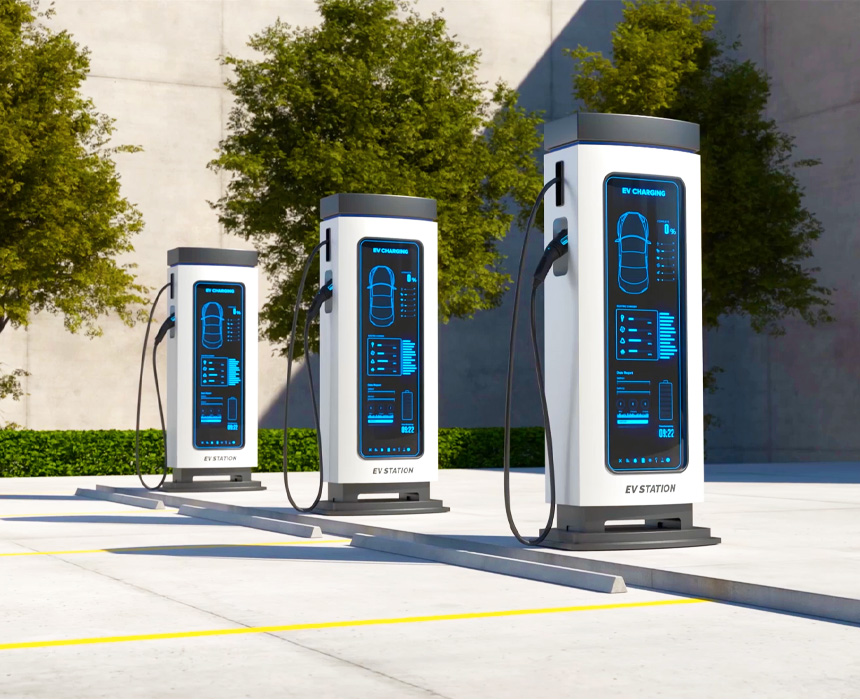Operational Efficiency and Smart Solutions in EV Charging Networks
The rapid expansion of EV charging infrastructure has created the challenge of managing hundreds or even thousands of stations across different locations. Operational efficiency is no longer just about cost savings; it is a strategic factor that directly impacts customer satisfaction and long-term business sustainability.
Complexity of Charging Networks
Modern charging networks are more than energy supply points. They are digital ecosystems that:
-
Balance real-time energy demand,
-
Manage billing and payments,
-
Continuously optimize user experience.
However, the integration of diverse charging hardware under a single network creates challenges in interoperability and maintenance.
Importance of Operational Efficiency
When efficiency is not ensured:
-
Users face frequent station malfunctions,
-
Operators lose revenue due to downtime and energy loss,
-
The system struggles to remain sustainable.
This is why centralized management platforms are crucial.
Role of Smart Solutions
Software platforms like ChargenOS enable operators to achieve:
-
Real-time monitoring of station performance, connectivity, and energy flow.
-
Predictive maintenance that reduces downtime and costs.
-
Dynamic pricing models balancing operator revenue with grid stability.
-
Custom user profiles tailored for individuals, fleets, and enterprises.
Future Outlook
The pursuit of operational efficiency will increasingly rely on:
-
AI-driven grid optimization,
-
IoT-powered full automation,
-
Integration with renewables,
-
Large-scale public-private collaborations.
Thus, smart charging network management is not only about solving today’s problems but also about shaping the sustainable future of electric mobility.




